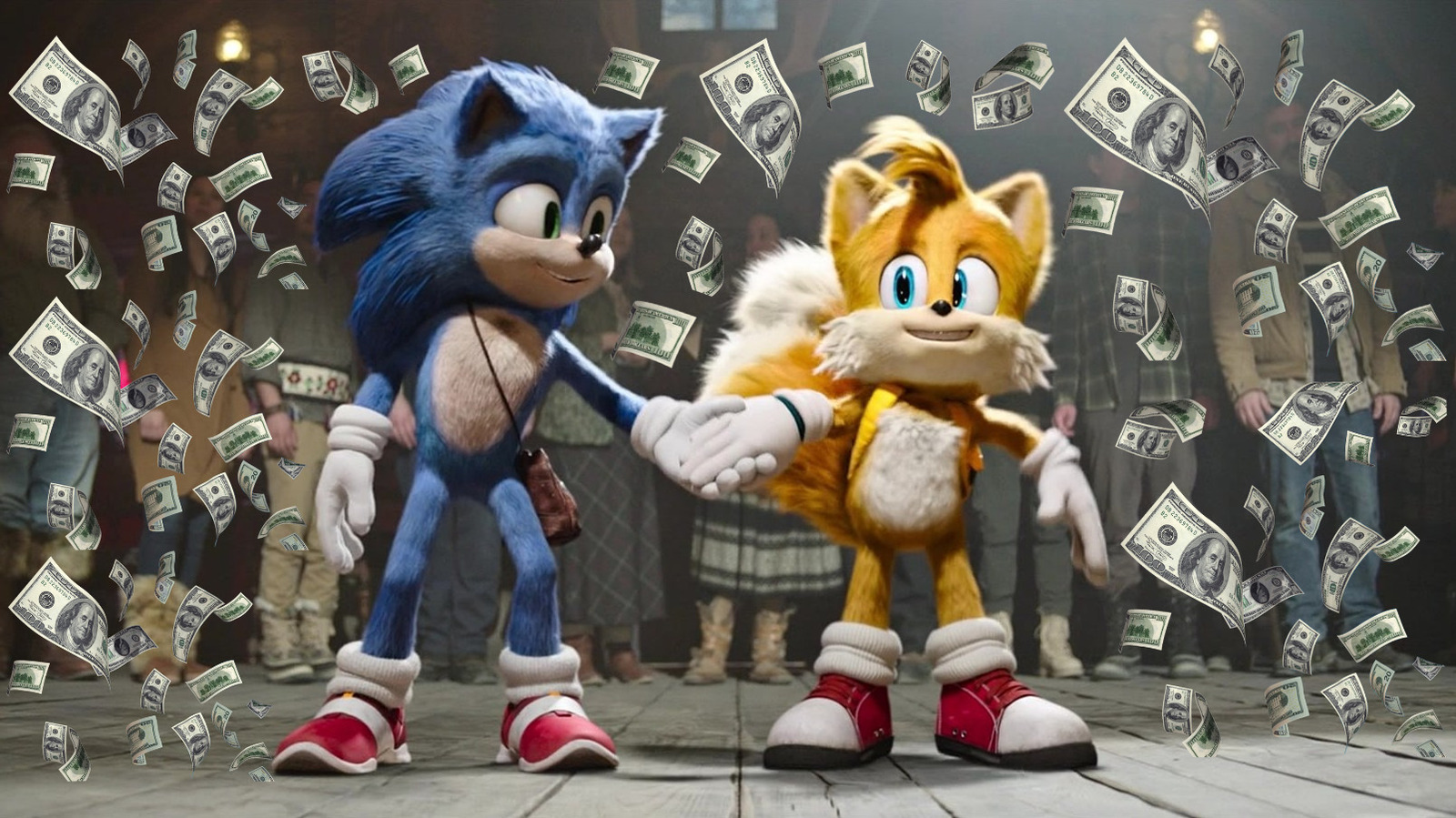
Amazingly, it’s truly only in recent years that Hollywood has managed to crack the code on video game adaptations. Aside from these movies, we’ve had hits on the small screen such as “Fallout” and “The Last of Us.” But at the same time, on the movie side, we’ve continued to have baffling blunders like Eli Roth’s “Borderlands.” It’s still a mixed bag. What “Sonic” tells is that video games can indeed represent a bright future for on-screen franchises, but only if executed correctly.
Video games have a massive built-in audience. They often contain vast worlds full of rich storytelling. When it goes well, we can get monster hits like “The Super Mario Bros. Movie.” These audiences are intensely loyal. Yet, for literally decades, studios seemed to almost show active disrespect to the source material in adapting video games for the big screen. Time and time again, we’ve seen that go poorly. Studios seemed to say, “See, these video game movies don’t work!”
What “Sonic the Hedgehog” helped demonstrate on the largest scale is that video game movies can work incredibly well, and it’s all about execution. Undeniably, most of the time, the problems have been an execution issue. So sure, Hollywood should probably try to make a “Grand Theft Auto” movie, or any other number of popular video games, but they should do so with respect, taking a page out of the franchise’s book instead of bending recognizable characters to fit a story that doesn’t feel natural.
We spoke a little more about this on today’s episode of the /Film Daily podcast, which you can listen to below:
You can subscribe to /Film Daily on Apple Podcasts, Overcast, Spotify, or wherever you get your podcasts, and send your feedback, questions, comments, concerns, and mailbag topics to us at [email protected]. Please leave your name and general geographic location in case we mention your e-mail on the air.
“Sonic the Hedgehog 3” is in theaters now. You can buy the first two “Sonic” movies on 4K, Blu-ray, or DVD from Amazon.







